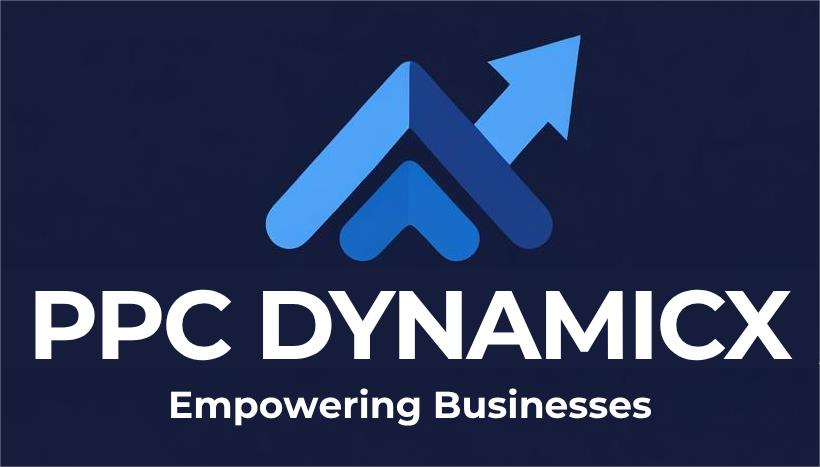Some of future of PPC and digital marketing tactics in 2025—with a focus on actionable trends and strategic shifts you’ll want to know:
1. AI-Driven Campaign Automation & Optimization
- PPC management is increasingly powered by AI and machine learning, enabling real-time bid adjustments, predictive targeting, and campaign automation via tools like Google’s Performance Max and Meta’s Advantage+.
- These systems optimize for conversions with minimal manual input, though marketers often grapple with control and transparency issues.
2. First‑Party Data & Privacy‑First Strategies
- With third-party cookies vanishing, brands are turning to first-party data (CRM, email sign-ups, onsite behavior) for precise, consent-based targeting.
- Privacy-compliant strategies are now essential—both from a legal standpoint and to build consumer trust.
3. Voice & Visual Search Integration
- Voice searches are rapidly increasing. PPC campaigns must adapt by using conversational, question-based keywords and optimizing for local context.
- Visual search (e.g., via Google Lens or Pinterest) opens up new ad opportunities—perfect for retail and e-commerce.
4. Video-Centric & Interactive Ad Formats
- Short-form video (YouTube Shorts, TikTok, Instagram Reels) will dominate PPC formats. Quick, attention-grabbing content—especially within the first 3 seconds—is key.
- Emerging formats like AR, shoppable ads, gamified ads, and interactive carousels will enhance engagement and conversions.
5. Hyper‑Personalization & Micro‑Segmentation
- Campaigns will target micro-audiences with laser precision, using dynamic creative, personalized messaging, and behavior-driven segmentation.
6. Cross‑Channel & Omnichannel Integration
- Coordinated campaigns across Google, Meta, TikTok, Microsoft Ads, LinkedIn, and Amazon ensure consistent branding and optimized performance across user touchpoints.
- Including offline data (in-store, call center) will enable a seamless journey across online and offline channels.
7. Next‑Gen Attribution & Analytics
- Marketers are moving beyond last-click attribution, embracing multi-touch and data-driven models to map customer journeys across platforms.
- Google Analytics 4, AI-powered attribution tools, and centralized dashboards are vital for measuring true campaign impact.
8. Generative Engine Optimization (GEO)
- As AI-powered search (like ChatGPT, Google Gemini) becomes front-and-center, brands must optimize content to appear in AI-generated answers using structured data and metadata strategies.
9. Ethical Practices, Brand Trust & Sustainability
- With tracking limits and consumer fatigue over hyper-targeting, marketers are shifting toward building direct relationships through transparency, ethical messaging, and sustainable practices.
